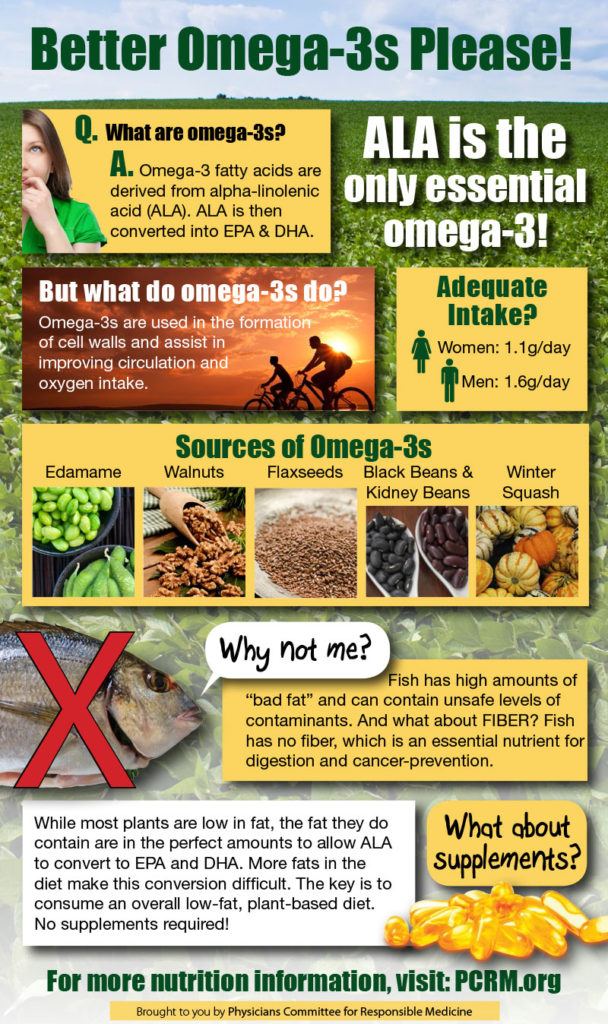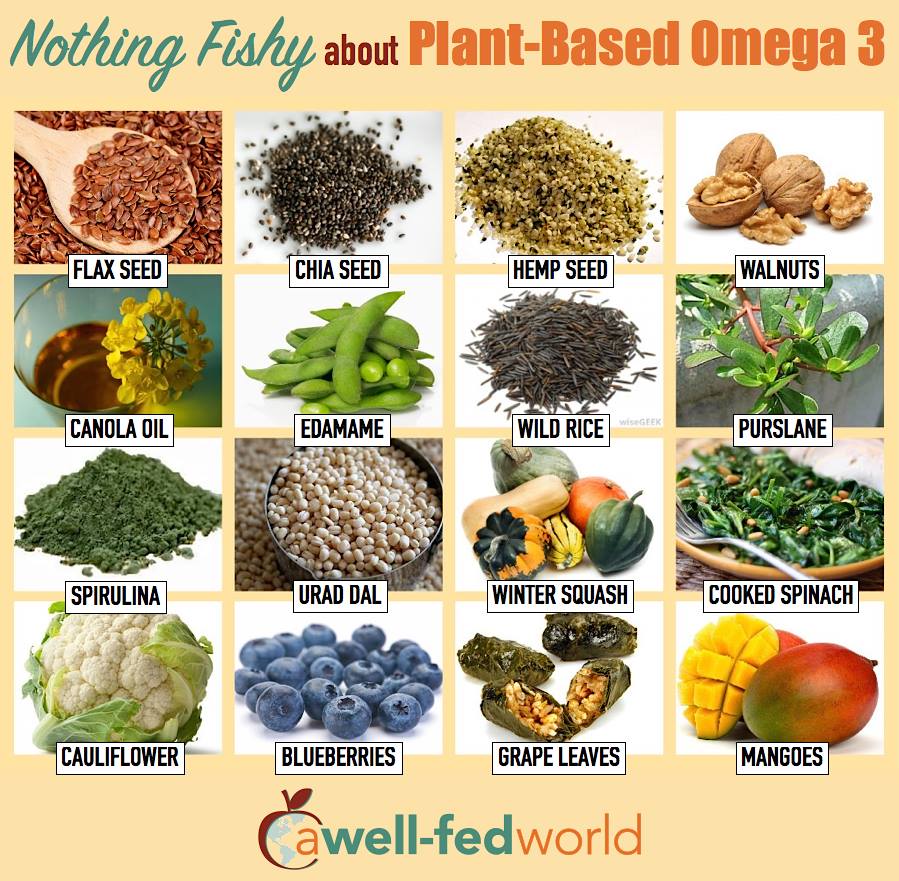Introduction
Fish oil capsules are one of the top selling nutritional supplements on the market. Many people take omega-3 fatty acids in fish oil capsules to combat chronic inflammation in the body. Is fish oil the best solution or just wishful thinking?

Inflammation
Acute inflammation happens when tissue is damaged due to trauma, microbial invasion, or noxious compounds. It starts rapidly, becomes severe in a short time, and symptoms may last for a few days.
Chronic inflammation is a slow, long-term inflammation lasting for prolonged periods of several months to years. Chronic inflammatory diseases are the most significant cause of death in the world and include diabetes type 2, cardiovascular disease including heart attacks and strokes, many cancers, arthritis, allergies, neurodegenerative diseases like Alzheimer’s and Parkinson’s, kidney disease, inflammatory bowel diseases, and obstructive pulmonary disease. Physical symptoms of chronic low-level inflammation often include regular body pain and discomfort, chronic fatigue and insomnia, depression, anxiety, mood disorders, constipation, diarrhea, acid reflux, weight gain, and/or frequent infections.
Risk factors that may contribute to low-level chronic inflammation include increased age, a diet high in processed oils, refined sugars, and refined grains, smoking, low sex hormones, physical and emotional stress, and irregular sleep.
Omega-3 Fatty Acids
Omega-3 fatty acids are a family of polyunsaturated fats. Eicosapentaenoic acid (EPA) and docosahexaenoic acid (DHA) come mainly from fish, so they are sometimes called marine omega-3s. Alpha-linolenic acid (ALA) is the most common omega-3 fatty acid in most Western diets and the most stable of the three.
The body converts short-chain ALA to the longer-chain DHA and EPA so ALA is the only essential fatty acid which means that we can only get it from food. A high consumption of omega-6 fatty acids and/or low levels of vitamin B3 (niacin), vitamin B6 (pyridoxine), vitamin C, zinc, or magnesium can compromise our body’s ability to convert ALA into EPA and DHA.

Strategy:
1. don’t create chronic inflammation
2. combat unavoidable inflammation
3. remember concurrent health goals
Don’t Create Chronic Inflammation
For anyone aiming to minimize chronic inflammation and its resulting chronic diseases, it will be important to not create unnecessary inflammation in the body. To achieve this, avoid smoking, minimize physical and emotional stress and irregular sleep, minimize or eliminate alcohol consumption, and eliminate pro-inflammatory products from your diet which include:
• refined sugars in foods and drinks such as soda, candy, cakes, pies, cookies, and ice cream
• hydrogenated oils common in margarine, shortening, lard, and fried foods
• corn, safflower, sunflower, grapeseed, soybean, peanut, and vegetable oils
• refined carbohydrates such as flour and fruit juices
• processed meat including sausage, bacon, ham, smoked meat, deli slices, chicken nuggets, hot dogs, and beef jerky
• highly processed, fast, and junk foods
• red meat
Combat Unavoidable Inflammation
There is unavoidable inflammation in the body even when following the advice above created just by being alive, aging, exercising, and metabolizing. In order to combat this inflammation consume foods high in omega-3 fatty acids such as:
• fish and shellfish especially cold-water fatty fish, such as salmon, mackerel, cod, tuna, herring, halibut, anchovies, and sardines (or fish oil capsules for those who don’t like fish, are allergic to fish, or are pregnant)
• flaxseed oil
• chia seeds
• hemp seeds
• canola oil
• grass-fed beef
• soybeans
• flax seeds
• eggs
• navy beans
• avocados
• tofu
• leafy vegetables such as spinach, lettuce, collards, kale, turnip greens, bok choy, basil
• whole wheat including the germ
• oatmeal
• cauliflower
• walnuts
• tempeh
• grass-fed dairy
• Brussels sprouts
• mustard seeds
• squash
• raspberries
• green beans
• strawberries
• miso
• leeks
Remember Concurrent Health Goals
Avoiding and combating chronic inflammation is a very important health goal alongside increasing fiber for gut health, protecting blood vessels by avoiding oils, eliminating dietary cholesterol for cardiovascular health, and avoiding environmental pollutants.
Fiber is the unsung hero of an optimal diet. Soluble fiber is critical for strong gut health which directly impacts immunity and mental health. Insoluble fiber is essential for colon health. Meat, dairy, eggs, oils, and flours do not have fiber.
Click: Fiber First for Weight Loss (and Everything Else)
All oils – saturated, monunsaturated, and polyunsaturated – are processed, contain no fiber or water, have minimal nutrition, and are associated with atherosclerotic lesions in blood vessels and contribute to cardiovascular disease.
Click: 6 Health-Preserving Reasons to Stop Consuming Oil
Cholesterol, which is found only in animal-based foods such as meat (including fish), dairy, and eggs, and saturated fat, which is found in animal-based foods and coconut and palm oils, both contribute to high cholesterol and inflammation in the body whereby increasing the risk of heart attack or stroke.
Fresh and salt bodies of water are polluted by industry and impact the animals who live in them. Mercury, pesticides including DDT, PCBs, flame retardants, dioxins, and other persistent organic pollutants are commonly found in the tissues and fats of water animals such as fish and shellfish.
Dioxins and PCBs may be carcinogenic at low levels of exposure over time. Mercury is a bioaccumulative environmental toxicant that can harm the immune, nervous, cardiovascular, respiratory, gastrointestinal, hematologic, gastrointestinal, and reproductive systems, and even the genetic code. Exposure has been linked to increased risk for diseases such as cancer and diabetes as well as to short- and long-term problems with the heart, blood vessels, brain, and nerves. Exposure is an even greater concern for pregnant women as mercury can cross the placenta and accumulate in fetal tissues, slowing down fetal brain development.
People become exposed to mercury primarily through the consumption of fish. A high percentage (84%) of the fish sampled from around the world contained mercury concentrations that exceed fish consumption guidelines based on the U.S. Environmental Protection Agency’s reference dose for mercury exposure in humans. (source)
Fish oil in capsules is often rancid. If you are currently taking fish oil capsules, cut one open to smell and taste it. If the odor or flavor is “off,” discontinue immediately for your safety.
Conclusion
If we are to take the omega-3 food list above and cross reference it with concurrent health goals, this is the result: • fish and shellfish especially cold-water fatty fish, such as salmon, mackerel, cod, tuna, herring, halibut, anchovies, and sardines (or fish oil capsules for those who don’t like fish, are allergic to fish, or are pregnant)• flaxseed oil
• chia seeds
• hemp seeds• canola oil
• grass-fed beef
• soybeans
• flax seeds• eggs
• navy beans
• avocados
• tofu
• leafy vegetables such as spinach, lettuce, collards, kale, turnip greens, bok choy, basil
• whole wheat including the germ
• oatmeal
• cauliflower
• walnuts
• tempeh• grass-fed dairy
• Brussels sprouts
• mustard seeds
• squash
• raspberries
• green beans
• strawberries
• miso
• leeks
The result is that we are left with the advice to avoid pro-inflammatory lifestyle choices and foods and consume whole plant foods high in omega-3 fatty acids (ALA) and fiber in order to avoid chronic inflammation and its resulting diseases without exposing ourselves to detrimental dietary cholesterol, oils, and dietary pollutants.

If you are unwilling to avoid pro-inflammatory choices and/or make healthful inflammation-combating choices, you may choose to supplement your diet with an omega-3 capsule although I don’t think it will sufficiently override the inflammatory damage. Knowingly creating inflammation that damages health and then taking a supplement in hopes to undo that damage is wishful thinking.
If you are concerned with your body’s efficiency with converting ALA to EPA and DHA, you may wish to supplement. In order to avoid toxic pollutants, I would recommend the plant-based omega-3 products offered by Complement. There is no health reason to consume fish or fish oil to achieve your goals.
Additionally, here are two more reasons to avoid eating fish: fish are sentient creatures and overfishing of the ocean is on track for a fishless ocean by 2048.

For your health, the health of the ocean, and the health and wellbeing of fish, manage your inflammation with wise choices and whole plant foods.

{ 0 comments… add one now }